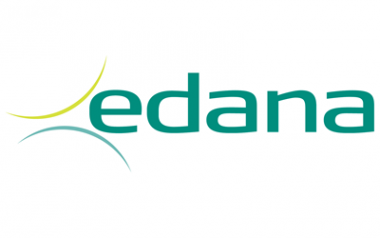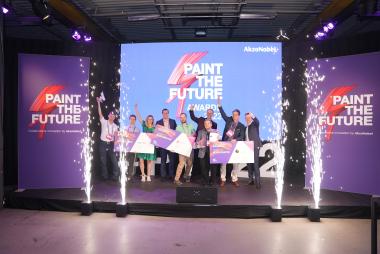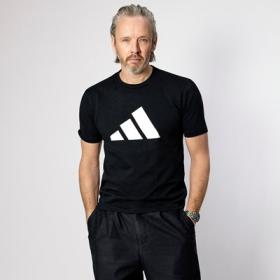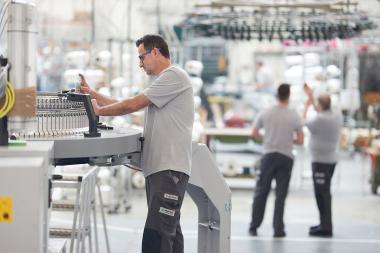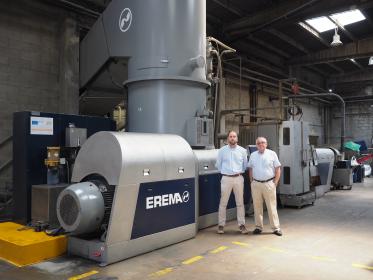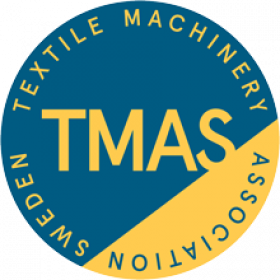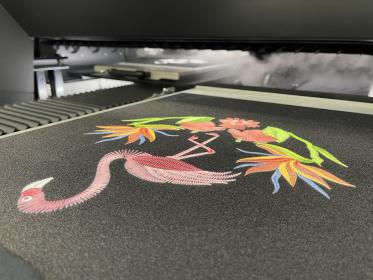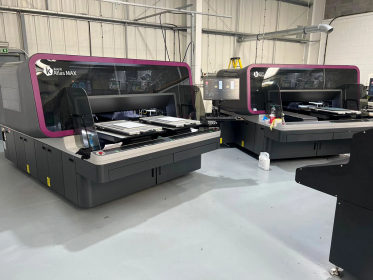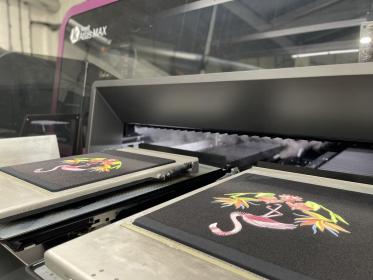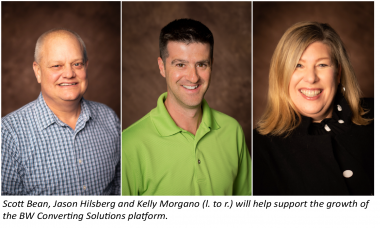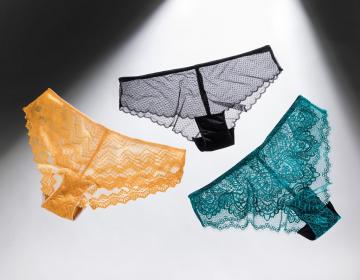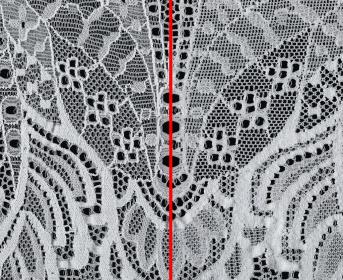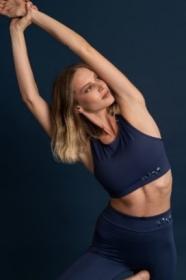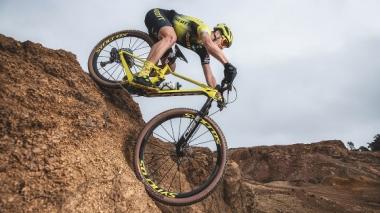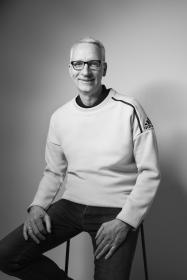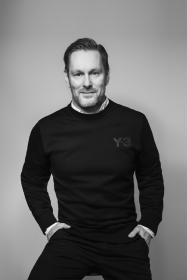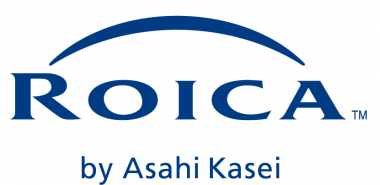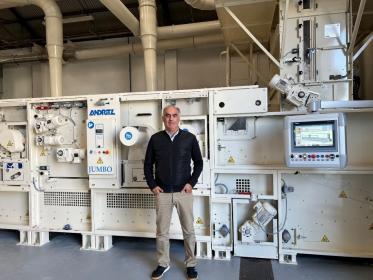EDANA released its statistics on Nonwovens Production and Deliveries for 2021
In 2021, nonwovens production in Greater Europe increased in volume by 2.0% to reach 3,120,967 tonnes (and 87.6 billion square metres).
EDANA, the international Association serving the nonwovens and related industries today released its statistics on Nonwovens Production and Deliveries for 2021. Following the impressive growth recorded in 2020, the updated figures for Greater Europe (incl. Western and Eastern Europe countries, Turkey, Belarus, Russia and Ukraine) highlight again the ability of the European industry to innovate and to invest in order to meet the challenges of the pandemic crisis.
In 2021, nonwovens production in Greater Europe increased in volume by 2.0% to reach 3,120,967 tonnes (and 87.6 billion square metres). Since 2019, the European output increased by nearly 9%.
Jacques Prigneaux, EDANA’s Market Analysis and Economic Affairs Director commented “This 2% average growth is in line with European forecasts disclosed in October 2021 in our Global Nonwoven Markets 2020-2025 report. In 2021, significant growth areas for nonwovens were recorded in building construction (+17.4%), agriculture (+11.3%), electronic materials (+10.1%) and air filtration (+9.1%). Countering this, a further decline of -1% was recorded in automotive interior applications. In some market segments, a comparison with the pre-COVID situation is probably more relevant. This is particularly true in hygiene, medical and wipes nonwovens, which were almost flat or slightly decreasing compared to the level reached in 2020, but still much higher than in 2019”.
He added: “Looking at the different production processes of nonwovens, various trends were observed in 2021. The production of fiber-based materials, including Drylaid, Wetlaid, and Airlaid technologies, recorded divergent growth rates (respectively +2.4%, +1.1% and -4.8%), and spunmelt nonwovens recorded a growth rate of +3.1%. In Drylaid, the highest growth in tonnes was observed in needlepunched, with a 6.4% increase. The production of drylaid-hydroentangled, which peaked in 2020, was at the same level a year later”.


